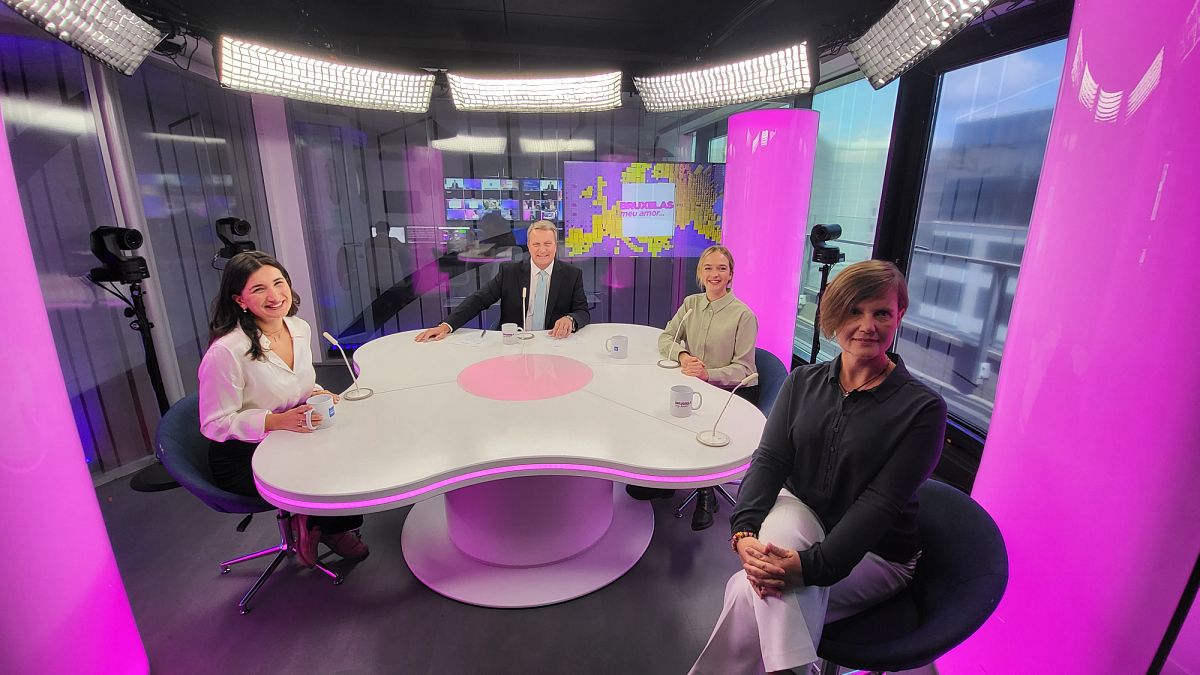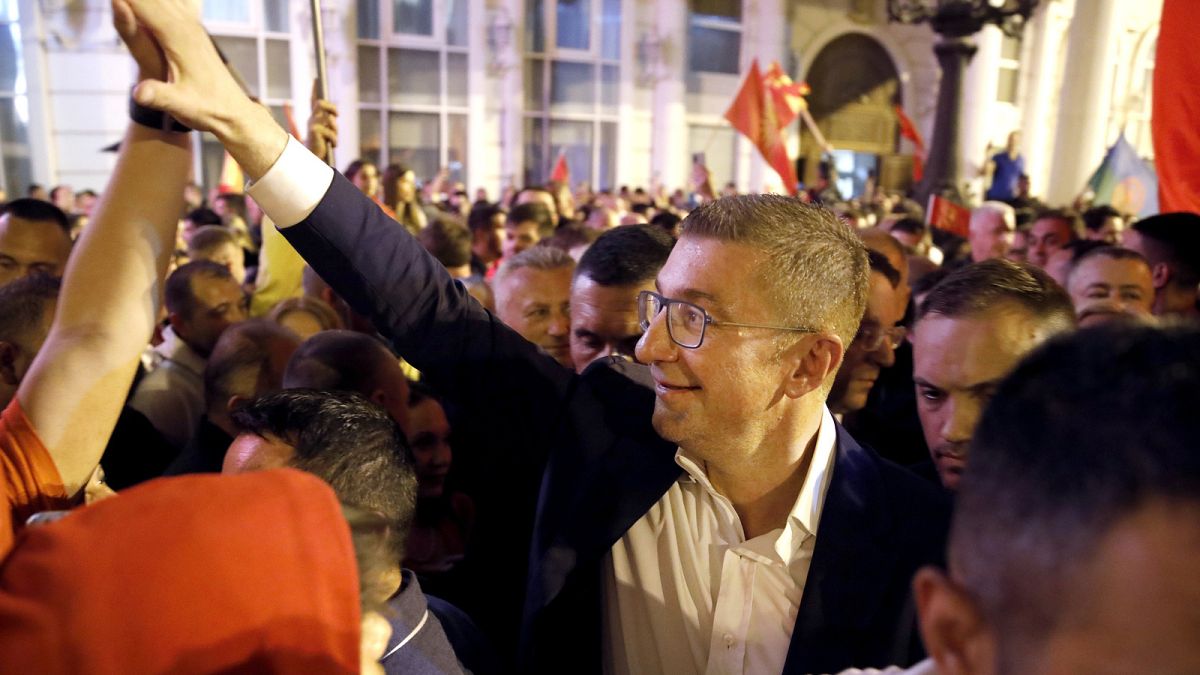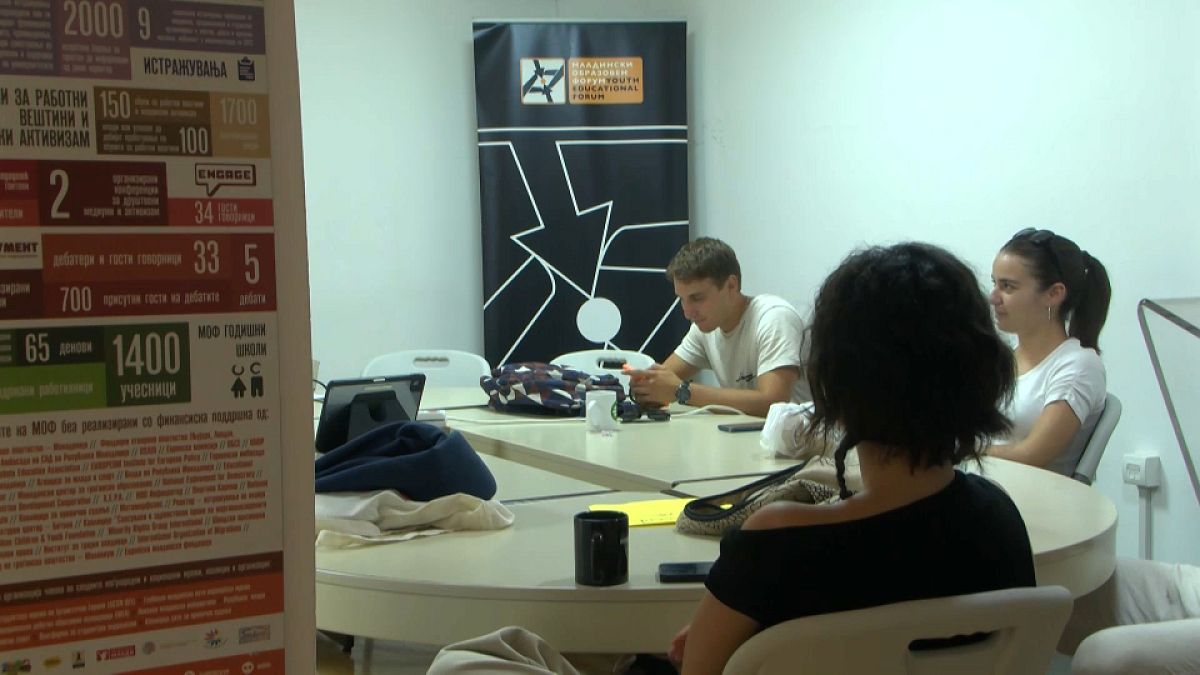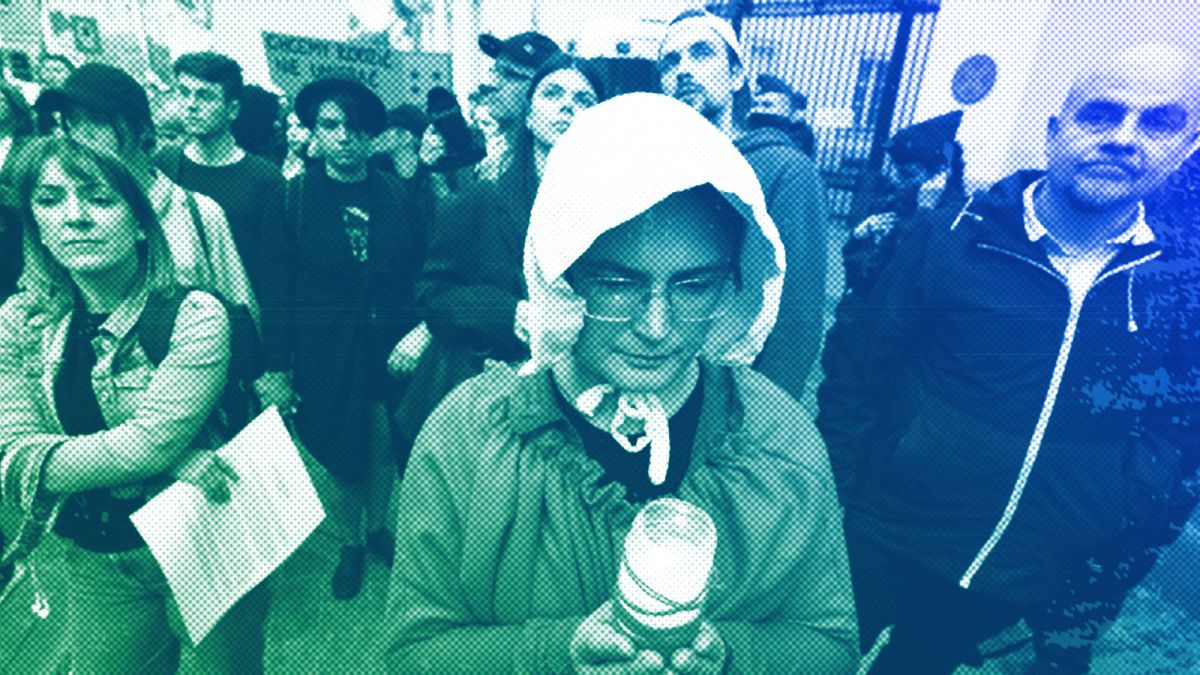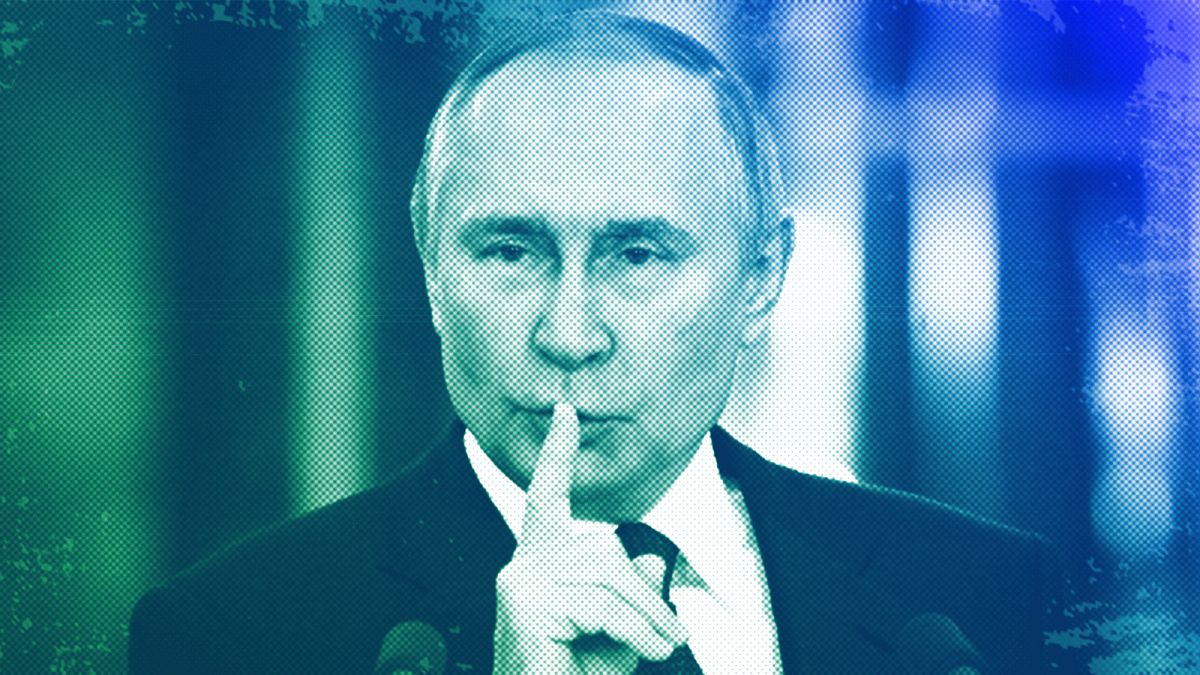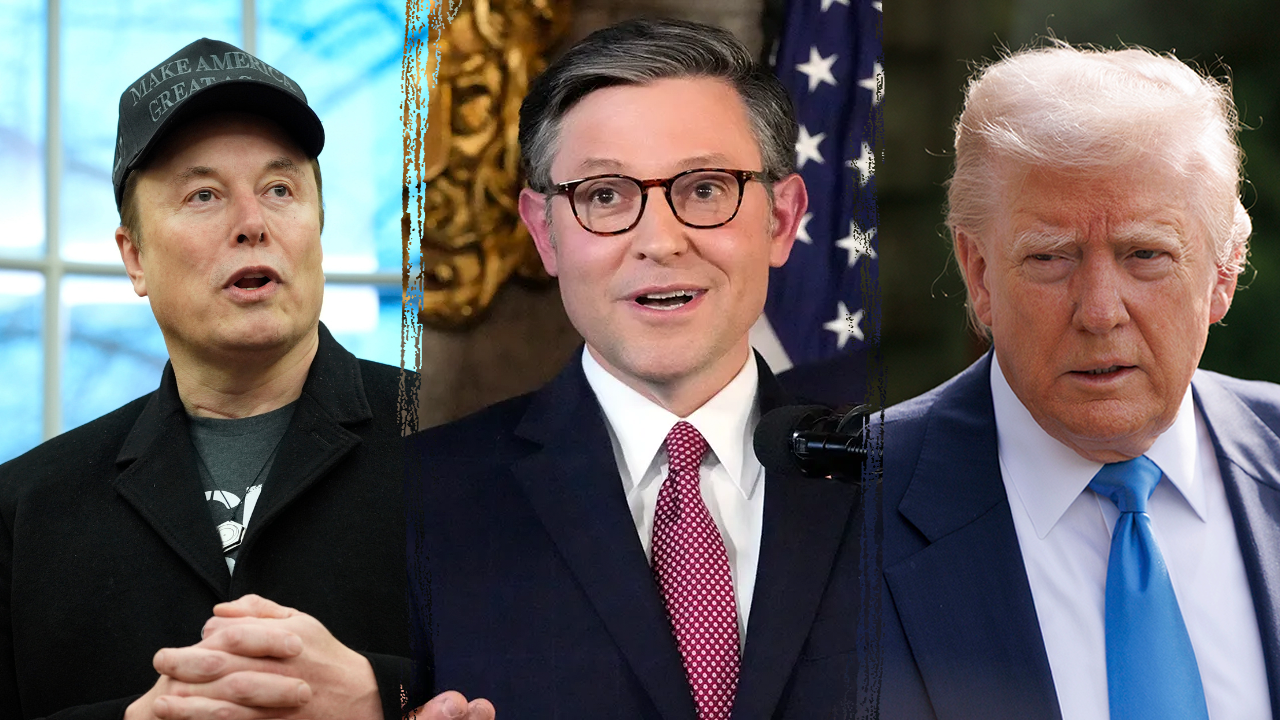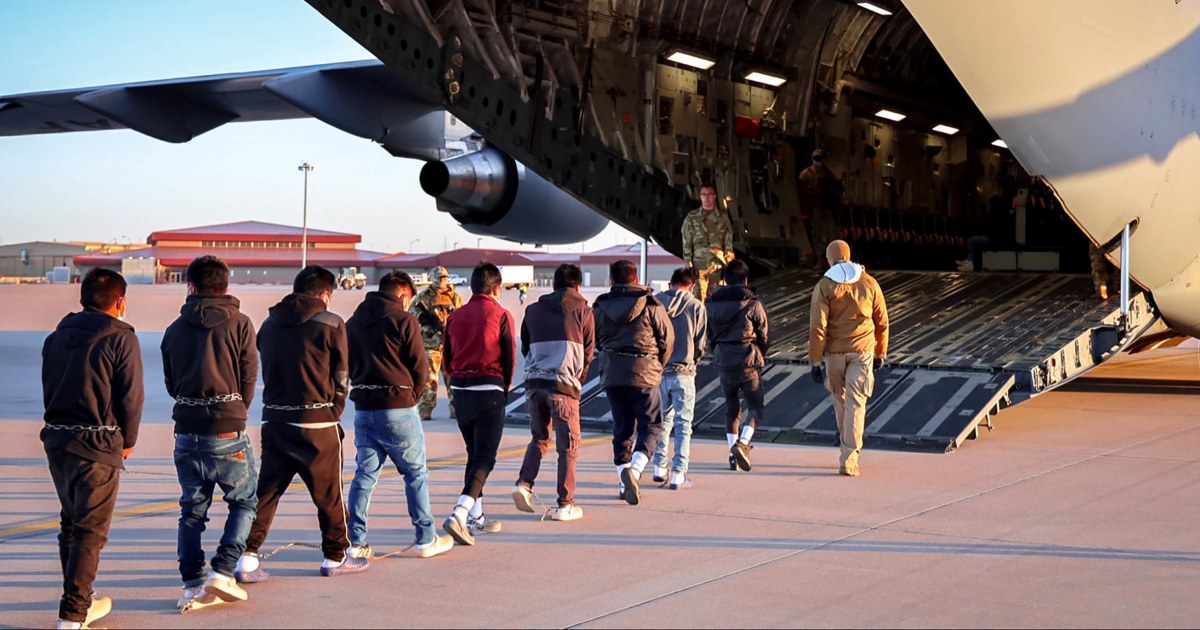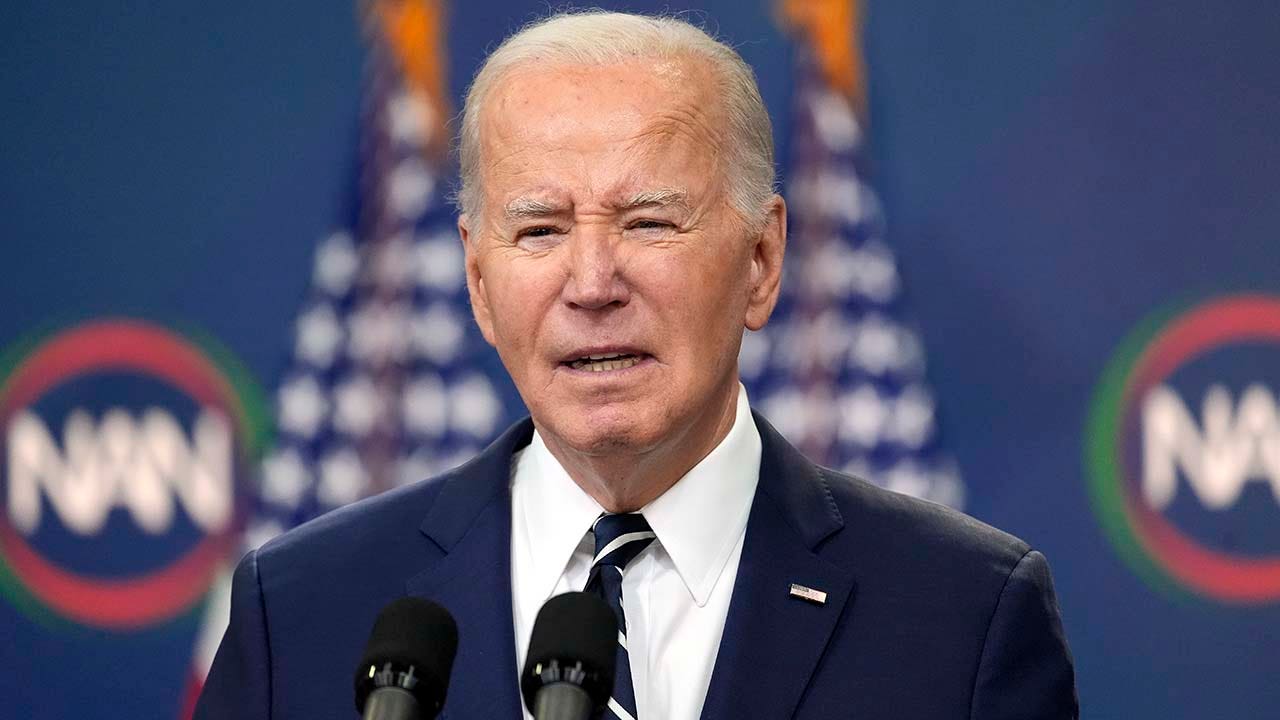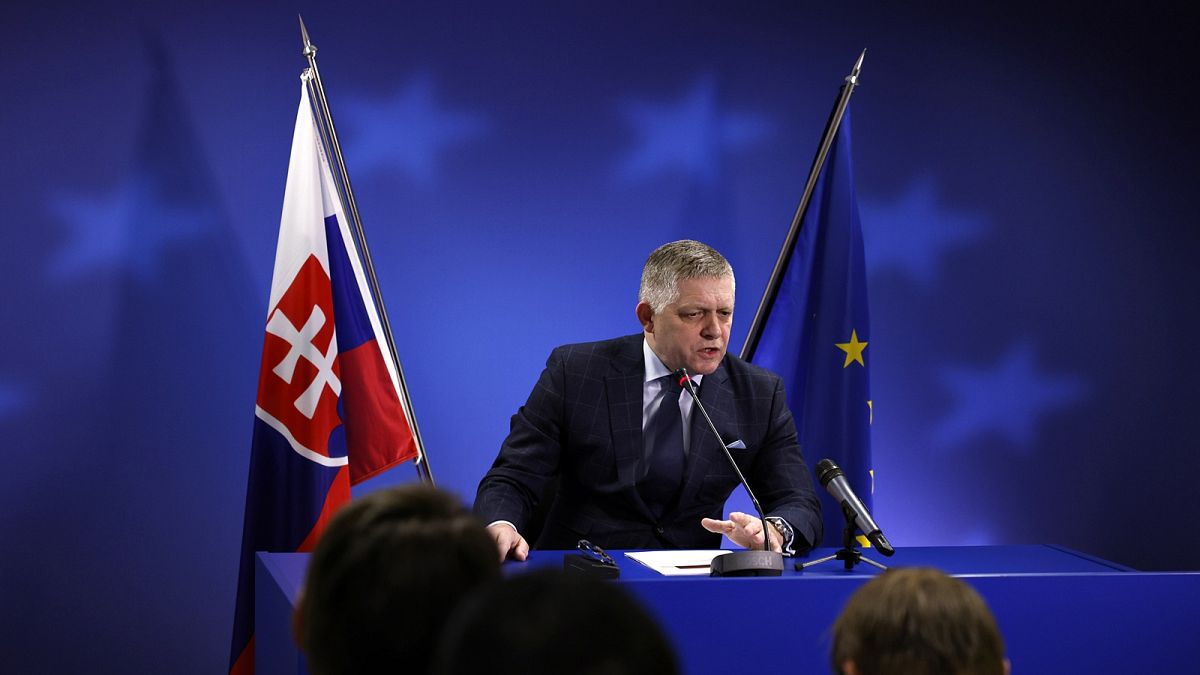World
Montenegro pursues values-driven EU enlargement process
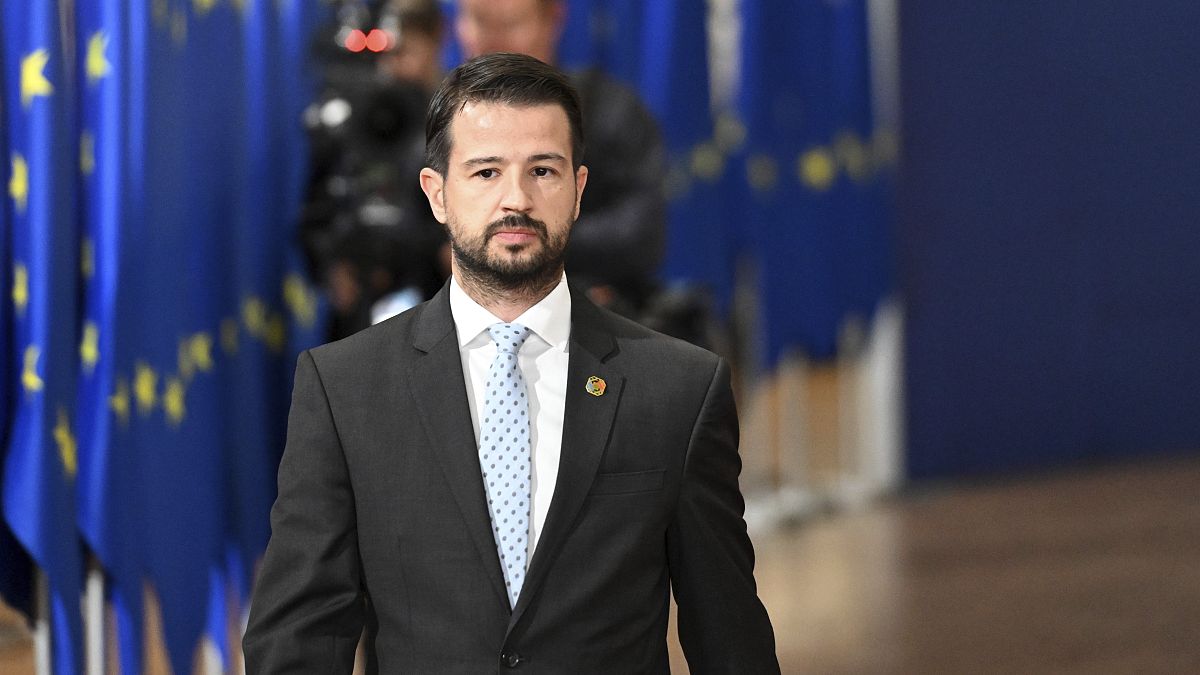
The opinions expressed in this article are those of the author and do not represent in any way the editorial position of Euronews.
The President of Montenegro outlines four scenarios in which candidate countries may engage with EU enlargement, with only one – in which both sides play their role fully in the democratisation process – is ideal.
It is encouraging that one of the seven priorities of the new European Commission explicitly focuses on enlargement, envisioning a Europe that is not only larger but also stronger on the world stage.
From the perspective of candidate countries, we are encouraged by the renewed momentum in Brussels and across the EU. This momentum has sparked a genuine appetite for new member states, and I find this inspiring. When I was elected President of Montenegro last year, I set an ambitious yet achievable goal: Montenegro, as a frontrunner among the candidate countries, to become the 28th EU member state by 2028.
Montenegro is the country that already holds NATO membership, has been in line with the EU’s common foreign and security policy for the last decade, has the euro as a currency (though unilaterally), and what I like to stress: has a strong civil sector and free, independent media. The country naturally has challenges and political turbulence, as any other democratic, pluralistic society has, but these are part of a democratisation process, rather than the consequence of its failure.
The reforms in Montenegro have been strongly driven by the promise of EU membership and the legitimacy that political parties derive from it. In fact, most, if not all, political parties in Montenegro are publicly committed to EU integration. Although one may question the sincerity of these commitments and whether they are merely declarative or truly substantive, nevertheless, considering that more than 80 percent of the population supports EU membership, it is clear why EU accession is such an important source of political legitimacy in Montenegrin politics.
However, the transformative power of the EU pathway is not unique to Montenegro; we have seen similar effects in other countries—Croatia (our only approximate neighbour that is already a member), Slovenia, another country with whom we shared a joint history for some time, as well as many other countries throughout Central and Eastern Europe. During my previous career as an economist at the EBRD, I observed first-hand the EU’s transformative power in these countries, a power unmatched by the influence of any other external actors.
In considering how enlargement might unfold, there are four main scenarios, each with lasting consequences for both the EU and the candidate countries:
Scenario One: The candidate country fails to utilize the EU accession process for democratic or institutional progress, and as a result, the EU does not admit it. The outcome is a clear lose-lose, leaving the EU with incomplete democracies at its borders and the candidate country without the benefits of EU membership, with de-democratisation forces taking the lead forward. It goes without saying that this scenario is also welcomed by the EU’s adversaries, who can then fully exert their influence.
Scenario Two: The candidate country uses the accession process productively—building institutions and advancing democratic standards—yet is still not accepted by the EU. History shows that this scenario often leads to regression and the reversal of democratic gains. Here, too, both sides ultimately lose in the long run. Yet some may be more capable of continuing along a positive path and building a stable democracy rooted in the rule of law. Unfortunately, history teaches us otherwise.
Scenario Three: The candidate country shows insufficient democratic progress, yet the EU admits it anyway based solely on geopolitical considerations. Some advocate for this approach, regardless of the state of reforms. While this might appear to satisfy both the EU’s enlargement drive and the candidate countries’ ambitions, especially for bigger sources of funding for development, in reality, it is not sustainable. Over the long term, both the EU and the country suffer, as core values like the rule of law and effective governance are sidelined. Moreover, this scenario could also benefit adversaries, providing them with opportunities to exert influence within the EU.
Scenario Four (The Win-Win Scenario): Both parties do their part. The candidate country leverages the accession process to achieve genuine democratic progress and build robust institutions, while also depoliticizing its public administration, enabling a free media environment, and focusing on sustainable economic development, and then is welcomed into the EU. This is the ideal outcome—one that ensures shared growth, resilience, and stability. It is this scenario that I believe we must all strive to achieve.
This is precisely what I envision for Montenegro. We have to use the EU accession process—this powerful external anchor—to drive reforms and fortify our democracy, ensuring that we join the EU as a fully prepared and committed member state. It is therefore essential to make the most of the accession process now.
For this aim, enlargement should not only be about financial gain—as there are countless global avenues for attracting investment with perhaps fewer conditions required. What we should value most about the EU is the set of principles it upholds. We seek to build a society anchored in the rule of law, good governance, and equal opportunities. These core values make EU membership a goal worth pursuing.
As President of Montenegro, I am committed to guiding my country through this critical phase of our European journey. I hope that both the EU and candidate countries will work together to achieve a truly win-win scenario—one that not only enhances the Union’s strength and unity but also helps candidates become responsible, democratic members of the European family.
I am deeply convinced that Montenegro’s accession to the EU is a political milestone greater than itself; it would show that the process is alive, that reforms truly pay off, that new political culture pays off, and could become a success story and an example for all other candidate countries, if we all commit to the genuine reform agenda ahead.

World
Iran's leader threatens 'even bigger blow' against US, Trump says he's in ‘no rush’ to talk
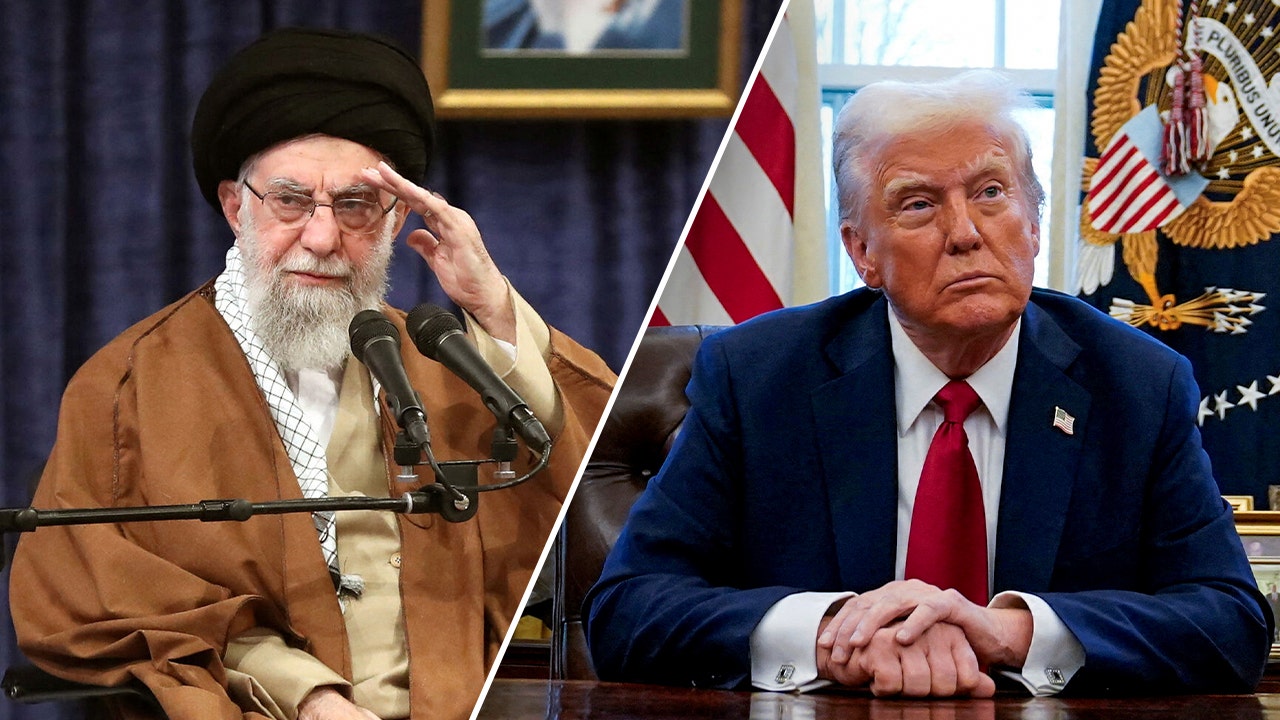
NEWYou can now listen to Fox News articles!
Iranian Supreme Leader Ayatollah Ali Khamenei on Wednesday issued his latest threat against the U.S. and “its dog on a leash, the Zionist regime [Israel]” as nations urge nuclear negotiations but eye sanctions options.
“The fact that our nation is ready to face the power of the United States and its dog on a leash, the Zionist regime, is very praiseworthy,” Khamenei said in comments translated by Reuters to state TV.
Khamenei went on to claim that last month’s attack on the U.S. Al Udeid Air Base in Qatar was just the beginning of what Tehran could throw at Washington and warned that “an even bigger blow could be inflicted on the U.S. and others.”
Iranian Supreme Leader Ayatollah Ali Khamenei addresses the media during the voting for the Parliament Elections in Tehran, Iran, on May 10, 2024. (Photo by Fatemeh Bahrami/Anadolu via Getty Images)
IRAN VOWS RETALIATION IF UN SECURITY COUNCIL ISSUES SNAPBACK SANCTIONS ON ANNIVERSARY OF NUCLEAR DEAL
While the U.S. has assessed that Iran’s nuclear program has been set back by up to two years following its strikes on the Fordow atomic site in June – which followed a series of strikes issued by Israel on Tehran’s nuclear and military sectors – much of Iran’s missile capabilities remain intact.
It is unclear the exact extent that Iran’s missile and drone program was degraded after the Israeli strikes targeted its stockpiles and launching capabilities, but security experts have warned Tehran’s missile and drone programs remain a “significant” threat.
Israel has estimated that even after its strikes, Iran likely still possesses some 1,500 medium-range ballistic missiles and 50% of its launching capabilities, reported Bill Roggio, senior fellow and editor of Foundation for Defense of Democracies’ (FDD) “Long War Journal.”
Similarly, Iranian expert Behnam Ben Taleblu told Fox News Digital that “Post strikes, the program still exists and, despite being handicapped, poses a significant regional threat.”

A big banner depicting Iran’s Supreme Leader Ayatollah Ali Khamenei is placed next to a ballistic missile in Baharestan Square in Tehran, Iran, on Sept. 26, 2024 on the sideline of an exhibition which marks the 44th anniversary of the start of the Iran-Iraq war. (Photo by Hossein Beris / Middle East Images / Middle East Images via AFP)
IRAN CLAIMS ITS PRESIDENT WAS INJURED IN ISRAELI AIRSTRIKE LAST MONTH
“This is especially true at shorter distances since Iran’s single-stage solid fuel short-range ballistic are much more precise,” Ben Taleblu, senior director of the FDD’s Iran program, said. “This means that in another iteration of an Israel-Iran-America conflict, the chances of retaliatory strike on U.S. regional bases remains high.”
Khamenei’s threats followed similar warnings by other top Iranian officials as western nations mull reinforcing snapback sanctions if Washington is unable to make headway on nuclear negotiations “by the end of the summer.”
President Donald Trump has said he is committed to continuing talks with Iran to avoid further military action, but on Tuesday evening, he told reporters he’s “in no rush to talk” despite the ever-looming deadline for when a deal needs to be reached.
Security experts have told Fox News Digital that snapback sanctions pose their own risk as the measure could prompt Iran to withdraw from the world’s largest nuclear agreement – the Treaty on the Non-Proliferation of Nuclear Weapons, which some 190 nations have signed on to.
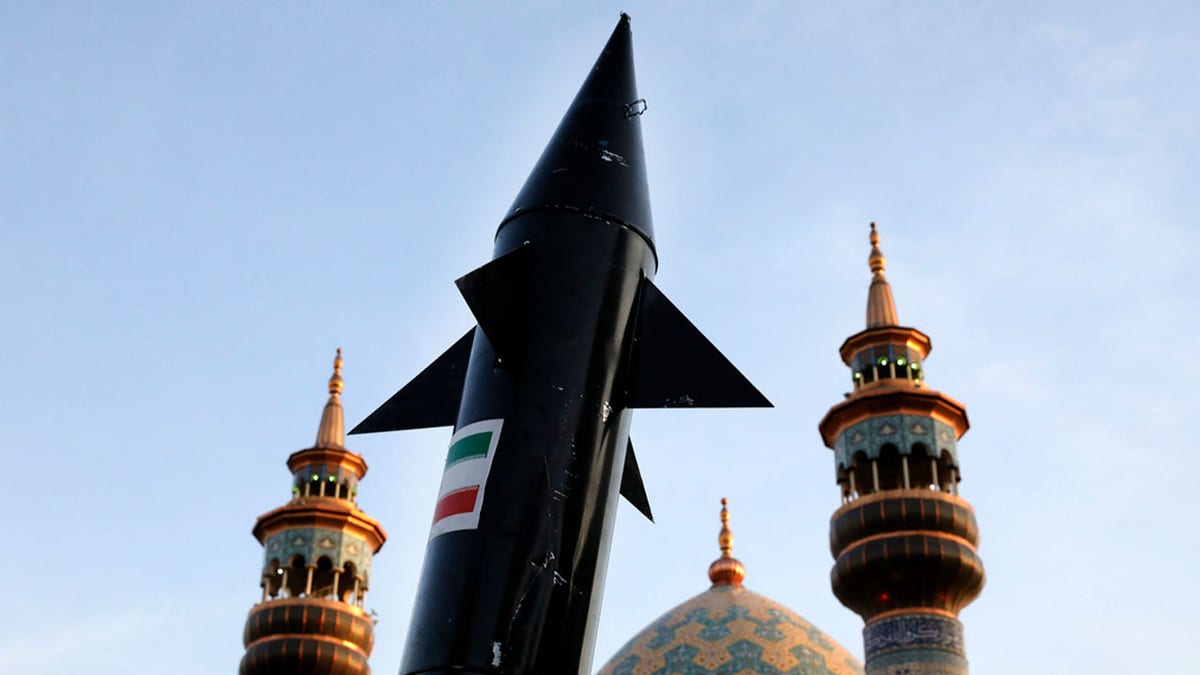
A model of a missile is carried by Iranian demonstrators as minarets and the dome of a mosque is seen in the background during an anti-Israeli gathering at the Felestin (Palestine) Sq. in Tehran, Iran, on Monday, April 15, 2024. (AP Photo/Vahid Salemi)
“A sustainable and verifiable diplomatic solution that addresses the security interests of the international community is essential,” the German Foreign Ministry confirmed for Fox News Digital this week. “If such a solution is not achieved by the end of the summer, the snapback mechanism will remain an option for the E3.
“We continue to coordinate closely with our E3 partners on this issue,” the ministry added in reference to the European nations that signed the 2015 nuclear agreement known as the Joint Comprehensive Plan of Action, which are France, Germany and the U.K.
World
Iraq reopens Mosul airport 11 years after ISIL conflict, destruction

The airport, which has not been operational since the group seized Mosul in 2014, will have a main terminal and VIP lounge.
Iraqi Prime Minister Mohammed Shia al-Sudani has inaugurated the northern city of Mosul’s newly restored airport, more than a decade after it was destroyed in a series of battles to dislodge the now vanquished ISIL (ISIS) group.
“The airport will serve as an additional link between Mosul and other Iraqi cities and regional destinations,” the prime minister’s media office said in a statement on Wednesday.
Al-Sudani’s flight landed at the airport, which is expected to become fully operational for domestic and international flights in two months. Wednesday’s ceremony was held nearly three years after then-Prime Minister Mustafa al-Kadhimi laid the foundation stone for the airport’s reconstruction.
Airport director Amar al-Bayati told the AFP news agency that the “airport is now ready for domestic and international flights.” He added that the airport previously offered international flights, mostly to Turkiye and Jordan.
In June 2014, ISIL seized Mosul, declaring its “caliphate” from Iraq’s second biggest city after capturing large swaths of Iraq and neighbouring Syria, imposing hardline rule over millions of people, displacing hundreds of thousands and slaughtering thousands more.
Nouri al-Maliki, who was the Iraqi prime minister at the time, declared a state of emergency and said the government would arm civilians who volunteered “to defend the homeland and defeat terrorism”.
At its peak, the group ruled over an area half the size of the United Kingdom and was notorious for its brutality. It beheaded civilians, massacred 1,700 captured Iraqi soldiers in a short period, and enslaved and raped thousands of women from the Yazidi community, one of Iraq’s oldest religious minorities.
A coalition of more than 80 countries led by the United States was formed to fight the group in September 2014. The alliance continues to carry out raids against the group’s hideouts in Syria and Iraq.
The war against the group officially ended in March 2019 when US-backed, Kurdish-led fighters of the Syrian Democratic Forces (SDF) captured the eastern Syrian town of Baghouz, which was the last sliver of land ISIL controlled.
The group was also defeated in Iraq in July 2017 when Iraqi forces recaptured Mosul. ISIL then declared its defeat across the country at the end of that year. Three months later, the group suffered a major blow when the SDF took back the northern Syrian city of Raqqa, its de facto capital.
The airport, which was heavily damaged in the battle, has not been operational since the initial fall of Mosul.
It now includes a main terminal, a VIP lounge and an advanced radar surveillance system, al-Sudani’s office said, adding that it is expected to handle 630,000 passengers annually.
World
US planes, cars, drinks on EU list for potential tariffs

-

 Culture1 week ago
Culture1 week agoTry to Match These Snarky Quotations to Their Novels and Stories
-

 News6 days ago
News6 days agoVideo: Trump Compliments President of Liberia on His ‘Beautiful English’
-

 News1 week ago
News1 week agoTexas Flooding Map: See How the Floodwaters Rose Along the Guadalupe River
-
Business1 week ago
Companies keep slashing jobs. How worried should workers be about AI replacing them?
-
Finance1 week ago
Do you really save money on Prime Day?
-

 Technology1 week ago
Technology1 week agoApple’s latest AirPods are already on sale for $99 before Prime Day
-

 News5 days ago
News5 days agoVideo: Clashes After Immigration Raid at California Cannabis Farm
-

 Politics1 week ago
Politics1 week agoJournalist who refused to duck during Trump assassination attempt reflects on Butler rally in new book
